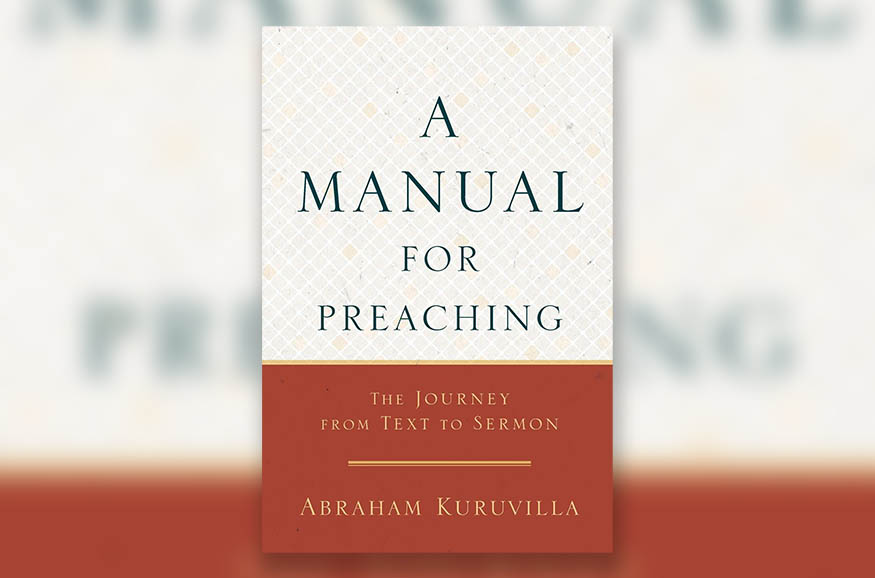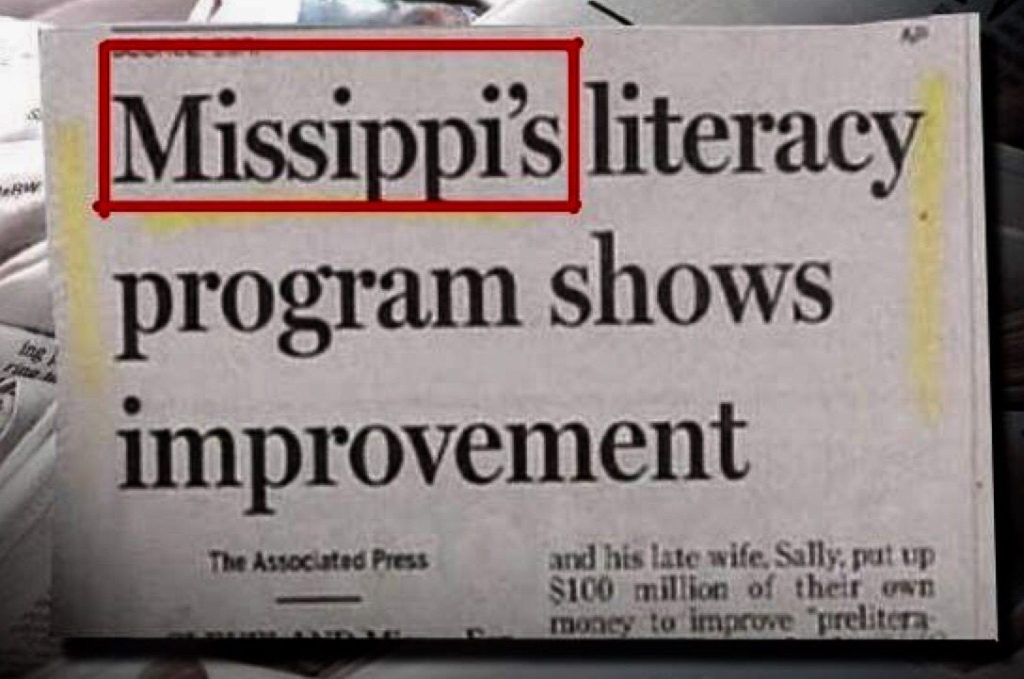
I decided to select Abe’s new book, A Manual for Preaching: The Journey from Text to Sermon, as one of the required textbooks for my upcoming sections of PAS 513 Advanced Homiletics (Lancaster and D.C. locations of Lancaster Bible College|Capital Seminary & Graduate School).

Abe does an excellent job summarizing the preaching task with respect to what happens each Sunday in church. Think about your preaching portion from this morning or the one you will be preaching on this coming Sunday. Can you see your preaching fitting into the following description?
“So each pericope [the section you’ve selected to preach on] is God’s gracious invitation to humankind to live in his ideal world by abiding by the thrust/force of that pericope–that is, the requirement of God’s ideal world as called for in that pericopal world segment (e.g., listening to/obeying only God’s voice, from 1 Sam. 15 [where King Saul failed miserably!]. And as humankind accepts that divine invitation and applies the thrust/force of the pericope, week by week and pericope by pericope God’s people are progressively and increasingly inhabiting this ideal world and adopting its values” (p. 29).
If we’ve selected them properly, our preaching portions contain “God’s gracious invitation” to our listeners to inhabit “his ideal world.”
That happens when we urge them to be or do what the pericope is requiring (what Abe calls its “thrust/force”).
Sunday after Sunday the cumulative affect is growing more and more into the likeness of Christ (“inhabiting this ideal world and adopting its values”).
Can you see why it’s impossible for congregations composed of some with “ears to hear” not to grow into a mature Body?
I can’t think of anything more fulfilling than being the mouthpiece for God’s invitation to live in his ideal world. And as we do that each weekend, may He receive glory in the church and in Christ Jesus (Ephesians 3:21).
Randal











